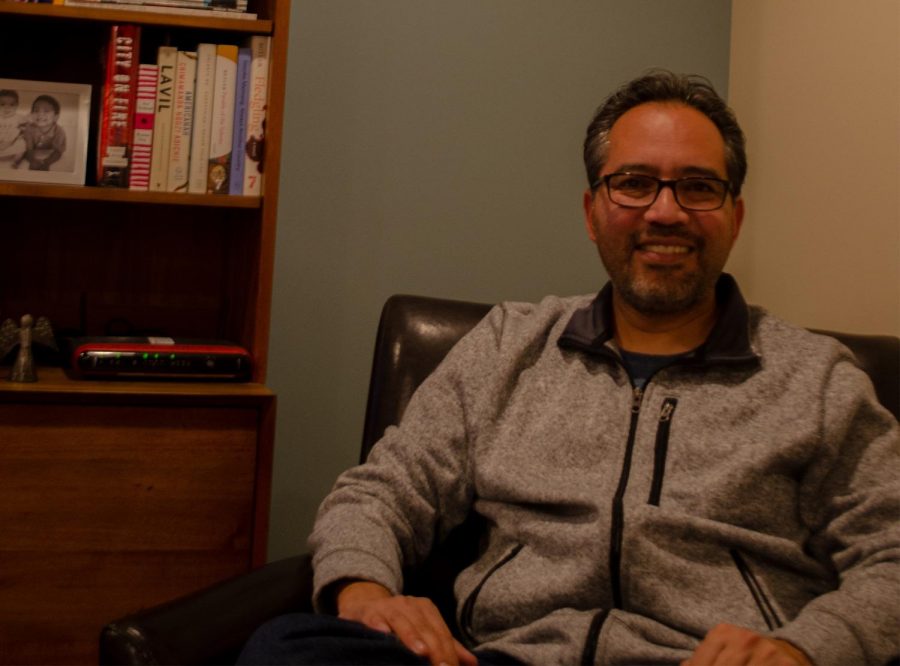President Trump’s battle with Congress over his proposed wall on the Mexican border has shut the federal government down since December 22nd. Because of lack of funding, over 800,000 federal employees have been furloughed without pay. Francisco Dóñez, Environmental Protection Agency employee, has been forced to stay home for the last three weeks, and he shares his perspective on the shutdown with the WCC.
An interview with Francisco Dóñez about the government shutdown:
P = Patrick
F = Francisco
P: What do you do for the federal government?
F: I’ve worked for the US EPA’s Air Program for 22 years. My program works on diesel air pollution; we give grants to clean up old heavy-duty diesel engines.
P: How many government shutdowns have you experienced and what makes this one unique?
F: Not counting the many short ones that only last a day or two, this is my second significant shutdown. Because of the length, we’re starting to see real financial consequences for many employees.
P: What is the process for employees when a shutdown begins?
F: It starts with the people in charge of each agency deciding which services that they offer are essential and which ones are not. The workers deemed essential are told that they have to come in to work even though they won’t be paid, unless Congress decides to pay them later. Nonessential workers are told not to come to work at all, until the appropriations that allow them to be paid are passed, since it’s illegal to volunteer to perform federal government services.
P: Who’s essential and who isn’t?
F: That’s a line that’s always shifting. As you can imagine, services like law enforcement and others that relate to public health and safety are usually considered essential. However, the longer this shutdown drags on, the more services are needed. For example, Congress and the president have been telling people that they will still get their tax refunds despite the shutdown, which means a lot of IRS employees will be told that they are now essential. The definition of essential changes often.
P: Finally, do you believe that the dispute over the border wall is worth keeping the government shut down?
F: I’m against the building of a border wall, so my choice would be to keep the government shut down until the administration gives in. But as someone with a family who depends on my paycheck, it’s hard to think about it in terms of ideals.















